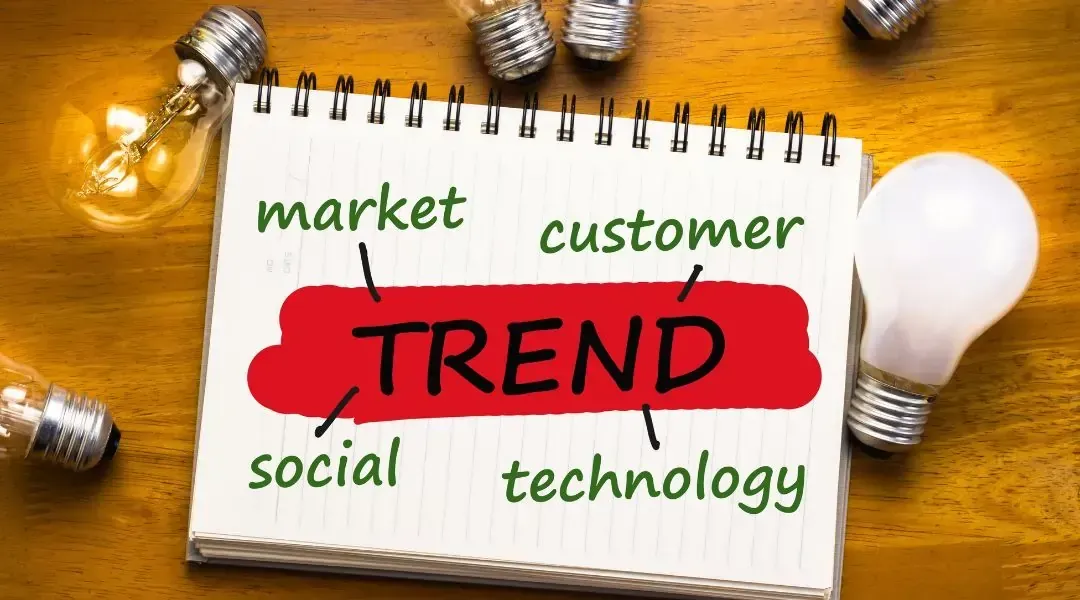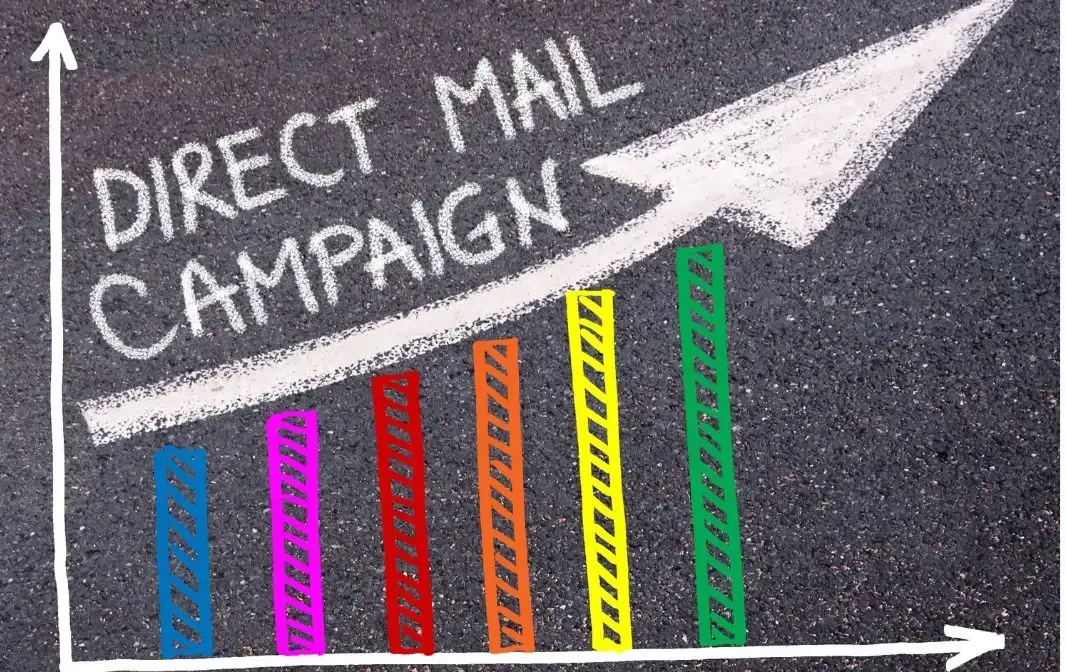
Dental Marketing Trends for 2024: Key Insights and Strategies

The dental marketing landscape is rapidly evolving, driven by advancements in technology, changing consumer behaviors, and innovative marketing strategies. In 2024, dental marketers and dental office owners must stay competitive by staying aware of emerging trends and adapting accordingly. This article delves into the future of dental marketing, highlighting key trends, technologies to watch, and strategies to stay ahead.
Emerging Dental Marketing Trends
1. Personalization and Customization
In 2024, personalized marketing will be more crucial than ever. Patients expect tailored experiences at every touchpoint, from personalized emails to customized treatment plans. Leveraging data analytics and CRM systems allows dental practices to offer a personalized patient journey, enhancing engagement and loyalty.
By using sophisticated customer relationship management (CRM) systems, dental offices can collect and analyze patient data to create customized communications. This can include personalized appointment reminders, tailored treatment suggestions, or personalized follow-up emails post-treatment. It’s all about delivering a seamless, personalized experience that makes patients feel understood and cared for.
2. Video Marketing and Live Streaming
Video content continues to dominate digital marketing, and dental practices can benefit immensely from this trend. Video marketing, such as educational videos on dental health, patient testimonials, and even live streaming of dental procedures, can significantly enhance patient engagement and trust.
Platforms like YouTube and social media channels such as Instagram and Facebook are ideal for sharing this content. For instance, a practice could live stream Q&A sessions where dentists answer common questions or offer virtual office tours to build rapport with potential patients. The more visual and interactive content you produce, the more likely you are to capture and retain the attention of your audience.
3. Social Media Engagement
Social media remains a powerful tool for dental marketing in 2024. Dental practices should focus on creating engaging content, including posts about dental tips, behind-the-scenes looks at the practice, and interactive Q&A sessions with dentists.
Engagement on platforms like Instagram, Facebook, and even TikTok can help broaden your practice’s reach. For instance, creating short, informative videos about common dental issues or tips for maintaining oral hygiene can spark conversations and increase visibility. Social media campaigns can also drive traffic back to your dental practice's website, where visitors can find more detailed information or book appointments.
4. Voice Search Optimization
With the rise of smart speakers and voice assistants, optimizing content for voice search is becoming essential. More and more patients are using voice commands to find local services, including dental practices. Ensuring your practice’s information is easily accessible and voice-search friendly can improve your chances of appearing in voice search results.
Incorporate long-tail keywords and natural language into your SEO strategy. For instance, instead of focusing solely on “dentist in Chicago,” consider phrases like “where can I find a dentist for kids in Chicago?” This mirrors how people naturally speak and search when using voice assistants.
5. Telehealth Services
The adoption of telehealth has skyrocketed, and dental practices can benefit by offering virtual consultations. Telehealth services provide patients with convenient access to dental consultations and follow-ups without visiting the office physically.
Providing telehealth services can enhance patient satisfaction and allow your practice to reach a wider audience, particularly patients with limited mobility, tight schedules, or those in remote locations. Additionally, telehealth can streamline the patient experience by allowing them to receive an initial consultation online before booking an in-office appointment.
6. Online Reviews and Reputation Management
Online reviews play a significant role in influencing potential patients' decisions. In 2024, reputation management will be a critical element of any dental marketing strategy. Dental practices should actively encourage satisfied patients to leave positive reviews and should monitor and respond to reviews on platforms like Google My Business, Yelp, and Facebook.
Using reputation management tools can help practices manage their online reputation effectively. These tools track patient reviews and provide alerts when new reviews are posted, allowing practices to respond promptly and appropriately.
Technologies to Watch
1. Artificial Intelligence (AI)
AI is revolutionizing the dental marketing landscape by offering insights into patient behavior, automating tasks, and improving patient communication. For instance, AI-powered chatbots can answer common questions, schedule appointments, and provide information about services, making the patient journey more seamless.
By integrating AI tools into your marketing efforts, you can automate routine tasks like appointment reminders, optimize marketing campaigns, and even analyze patient data to offer more personalized treatment recommendations.
2. Augmented Reality (AR)
AR is becoming increasingly popular in dental marketing. With AR technology, patients can take virtual tours of your dental office, visualize potential treatment outcomes, or even try out cosmetic dentistry treatments like teeth whitening or veneers before committing to them.
This technology can also enhance patient education by providing interactive visual aids during consultations. As a result, patients are more likely to feel comfortable and confident about their treatment plans, leading to higher satisfaction rates.
3. Customer Relationship Management (CRM) Systems
CRM systems are evolving and are now essential tools for patient data management and personalized marketing. They allow practices to automate follow-up appointments, send personalized reminders, and track patient interactions to enhance satisfaction and retention.
CRM platforms integrated into your dental practice can streamline operations, reduce administrative tasks, and help maintain consistent communication with patients. They also allow for better segmentation of your patient base, enabling more targeted marketing efforts.
4. Marketing Automation Tools
Marketing automation tools are essential for streamlining dental marketing efforts. These tools can automate email campaigns, social media posts, and patient outreach, saving time and ensuring consistent communication.
By automating your email marketing efforts, for example, you can ensure that patients receive regular updates about new services, special offers, or reminders about routine check-ups. This helps keep your practice top-of-mind while maintaining a personal touch in your communications.
Strategies to Stay Ahead
1. Invest in Content Marketing
High-quality content remains one of the most effective tools in dental marketing. By creating valuable content that addresses common dental concerns, educates patients, and showcases your expertise, you can attract more traffic to your website and improve patient engagement.
Content marketing can take many forms, including blog posts, video content, and social media posts. Focus on addressing frequently asked questions, providing oral health tips, and sharing success stories to build trust with potential patients.
2. Focus on SEO
Search Engine Optimization (SEO) is critical for improving your practice’s online visibility. Ensure that your website is optimized for relevant keywords, mobile-friendly, and fast-loading.
Particularly important is local SEO, which can help attract patients in your immediate area. Optimize your Google My Business profile, include local keywords in your website content, and encourage patients to leave reviews to boost your local search rankings.
3. Enhance Patient Experience
Providing an exceptional patient experience is vital for retention and referrals. From the moment a patient interacts with your practice, whether online or in person, every detail counts.
Ensure your office environment is welcoming, your staff is well-trained, and that patient interactions are positive from start to finish. Post-treatment follow-up communications, thank-you notes, and satisfaction surveys can further enhance the overall experience.
4. Utilize Data Analytics
Data analytics provides valuable insights into patient behavior, marketing campaign performance, and areas for improvement. By using analytics tools, dental practices can track which marketing strategies are working and make data-driven decisions to refine their efforts.
5. Engage in Community Outreach
Participating in community events and offering educational workshops can help build your practice’s reputation and attract new patients. Community involvement shows your commitment to the local area and generates positive word-of-mouth referrals. Being visible in the community not only increases brand awareness but also establishes your practice as a trusted, integral part of the community.
Staying ahead in dental marketing requires a proactive approach and a willingness to embrace emerging trends and technologies. By focusing on personalization, video content, social media engagement, voice search optimization, and telehealth, dental practices can enhance their marketing efforts and connect with patients more effectively.
Leveraging tools like AI, AR, CRM systems, and marketing automation can further streamline operations and improve patient satisfaction. Lastly, strategies such as investing in content marketing, focusing on SEO, enhancing patient experiences, using data analytics, and engaging in community outreach are essential for continued success in the dental marketing landscape of 2024.

XPRESS INC is a direct mail and marketing company focusing on small to medium business marketing strategies with a niche in dentists and dental specialists.
All Rights Reserved | Xpress Inc





















